Spare a thought for Emil Gilels, still revered today by Russians as the foremost pianist of the Soviet era. The first to win a competition abroad (Brussels, 1938), Gilels was also first to be let out after Stalin died to reconnect cultural ties and earn hard dollars for the state coffers, of which he got back a few cents.
Universally acclaimed, Gilels made countless recordings, among them an unsurpassed pair of Brahms concertos on Deutsche Grammophon and a transcendent set of Grieg’s Lyric Pieces, a performance so revelatory I use it to demonstrate the inexpressible difference between an interpreter of genius and all the rest. Gilels, abroad, played the role of Homo Sovieticus. At home, he was a haunted man.
Two nemeses stood between this great artist and his right to serenity — his arch-rival, Sviatoslav Richter, and his brother-in-law, Leonid Kogan. Richter was regarded outside Russia as the superior pianist, imaginative beyond words and free as a bird. Where Gilels toed the party line, Richter did exactly as he pleased, refusing to sign Kremlin manifestos and shaking off his KGB minders to go cruising boy bars in Paris and Berlin. He was a law unto himself and a living reproach to the quiet, uxorious Gilels who tried to get along by causing no fuss.
At the first Tchaikovsky competition in 1958, both sat on the jury. Richter gave Van Cliburn top marks and zero to most others. Gilels went trembling to the minister of culture, asking if it was all right to let an American win. The minister went to party chairman Khrushchev, who said it was.
Richter would sometimes offer Gilels a public compliment, only half-barbed. Gilels, I am told, never said a word about Richter, public or private. He couldn’t. The man blocked out his sunlight.
More problematic for Gilels was the mole in his family. Emil’s sister, Elizaveta, was married to Leonid Kogan, a phenomenal violinist who also spied for the KGB. This was unusual. Mostly, the Lubianka used low-level rats to report back on soloists and conductors, but Kogan had got himself compromised with some American visitors and was threatened with Siberia if he refused to sneak. So he became a spook.
Mstislav Rostropovich, who played in a trio with Kogan and Gilels, broke up the group after discovering that the violinist had compiled a dossier on one of their tours. Other musicians learned to mind their words when Kogan was around. Gilels, poor Gilels, had to be careful what he said in the privacy of his own family. There was no place he could call safe.
We cannot know what toll this took on Gilels, or indeed on Kogan, but it was not straightforward. A Russian musician has told me that relations between Gilels and his sister went from bad to worse, and that in the end he came to regard Kogan, perversely, as ‘the one of higher merits’.
Both men died early and in questionable circumstances. Kogan was 58 when he suffered a heart attack on a train from Moscow to Yaroslavl. Rumours persist that he was murdered. Gilels, 68, was visiting a Moscow cardiologist when he died. Richter — it had to be Richter — spread the word that Gilels was killed by an injection of the wrong drug.
The Israeli conductor Uri Segal met Gilels in Sweden not long before. ‘He looked pale and extremely shaken,’ says Segal. ‘Trembling all over he said “They are killing me. Look, my hands are shaking. How do they want me to play a concert now?” It was the KGB harassing him.’
The rats were there, always and everywhere, and even at this distance of time and the opening of archives it is impossible to know which artists they compromised and how. Two months ago, a Polish website published a dossier showing that the composer Krzysztof Penderecki had — supposedly — been ‘used operationally’ by the communist security services on his frequent trips abroad.
Penderecki issued an instant denial of any such collaboration. Hours later, such is the reactivity of social media, the Scottish composer Sir James MacMillan tweeted that Pope John Paul II had let it be known that he believed Penderecki was a spy.
Far be it from me to question the word of a pope, but how the hell would he know? The awful outcome of these Cold War games is that anyone could plant a rumour and nothing could be disproved. Every musician had dealings with the ‘organs of state’ and we have no way of knowing which of them weakened and succumbed. What endures in my mind is this vision of a closed room in which members of a piano trio, a string quartet or a symphony orchestra would look around and wonder, which of my friends is about to betray me? That is the ultimate epitaph of Soviet culture.
Got something to add? Join the discussion and comment below.
Get 10 issues for just $10
Subscribe to The Spectator Australia today for the next 10 magazine issues, plus full online access, for just $10.
You might disagree with half of it, but you’ll enjoy reading all of it. Try your first month for free, then just $2 a week for the remainder of your first year.

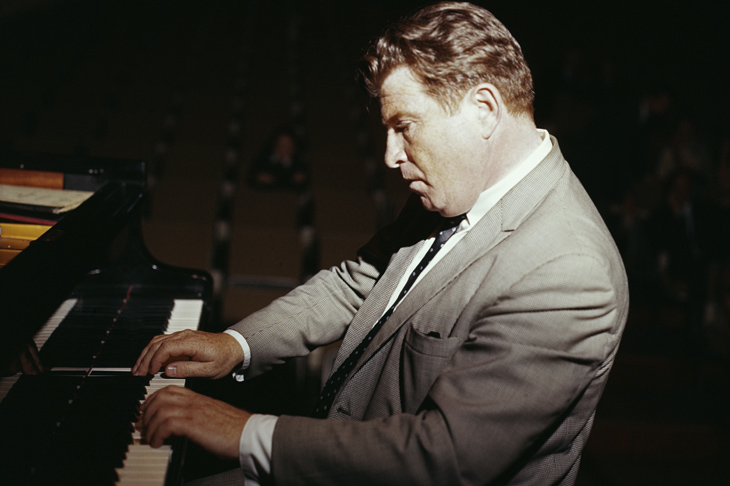
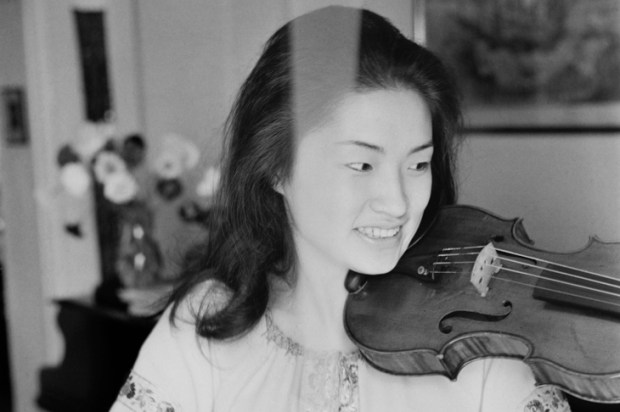
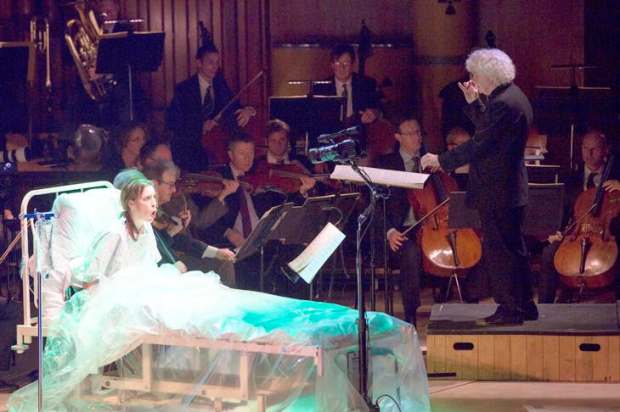
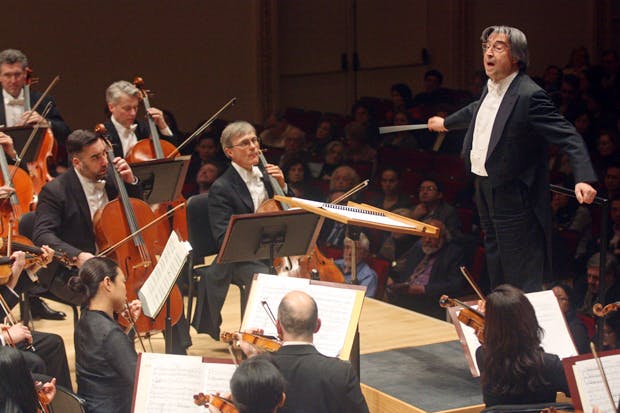
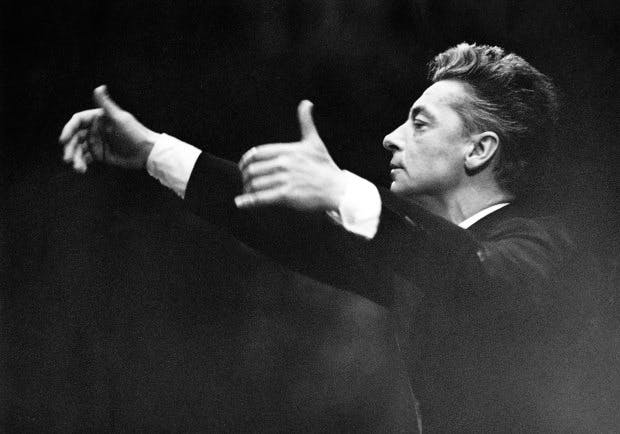






Comments
Don't miss out
Join the conversation with other Spectator Australia readers. Subscribe to leave a comment.
SUBSCRIBEAlready a subscriber? Log in